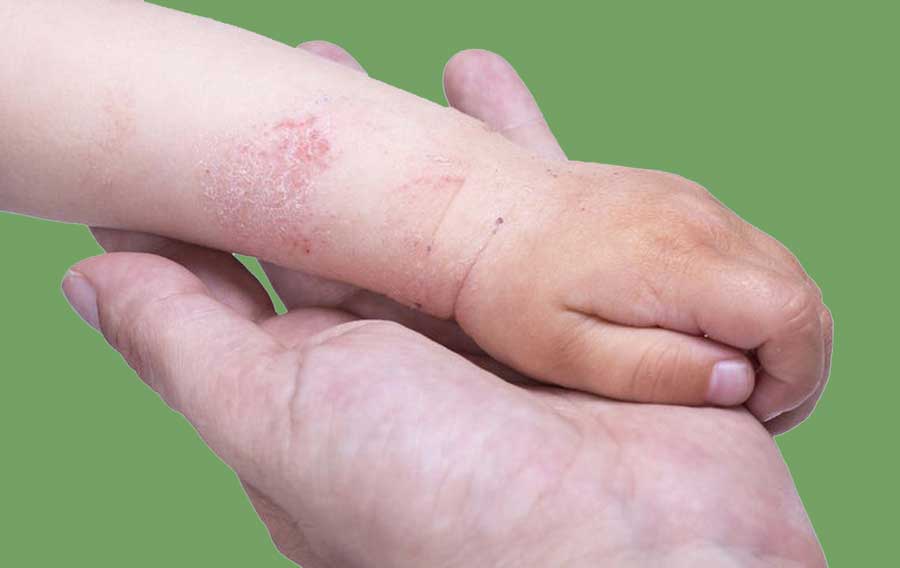Hormone replacement therapy can help individuals as young as 30, 40, and sometimes even younger. This therapy will help these individuals through a variety of irritating and unpleasant symptoms.
Dr. Otto Huertas, board-certified gynecologist and cosmetic surgeon, and the veteran team at CosmeticGyn Center in Dallas, TX, design each HRT plan to match the distinct requirements of men and women. They do this to customize hormone replacement therapy depending on a patient’s age and overall goals. Learn more about the distinctions between genders in terms of hormonal imbalance and hormone treatment alternatives.
What Are The Signs Of Hormonal Imbalance?
The severity of a hormone imbalance, as well as which hormones are impacted, the cause of abnormal hormone levels, and other circumstances, can all influence the indications and symptoms. Hormone changes most commonly affect the two primary sex hormones, androgen, and estrogen.
What Causes Hormonal Imbalance?
Hormonal imbalances will occur throughout a woman’s life simply because it is a natural part of aging. Women go through the four stages of womanhood — puberty, menstrual cycle, pregnancy, and lastly, menopause. All these phases have the potential to cause detrimental consequences.
Men experience puberty and have a different endocrine system than their counterparts, resulting in an imbalance. Specific ovarian disorders, early menopause, and malignancies are medical conditions that can cause hormonal abnormalities in women. Even using birth control pills can throw your system off. Prostate cancer and low testosterone levels are two diseases that cause hormone abnormalities in males.
Also see: Growth Hormone Function and hGH Side Effects
Men’s Hormone Therapy
Cortisol, growth hormone, and testosterone are the three primary hormones in men. Testosterone affects a man’s bone density, the muscular mass, fat distribution, and sexual desire. Human growth hormone is linked to bone growth, a healthy metabolism, and muscular and body composition.
Cortisol is a hormone that aids in the regulation of inflammation, blood pressure, metabolism, and blood sugar levels in the body.
The principal sex hormone for men is testosterone. It’s important for reproductive hair growth, bone mass, muscle, and tissue. Men’s testosterone production begins to diminish around the age of 40, and low testosterone levels can cause a variety of medical complaints. It’s also possible for younger males to have lower testosterone levels. Signs of hormone imbalance in men include:
- Sexual dysfunction/erectile dysfunction (ED)
- Low energy
- Brain fog
- Hair loss
- Weight gain
- Osteoporosis
- Decrease in muscle mass
- Low libido
Women’s Hormone Replacement Therapy
What are the most important hormones for women? They are estrogen, testosterone, and progesterone. For women, estrogen is the hormone most closely linked to sex. This could be due to the fact that it is a necessary part of puberty and the functions and development of reproductive organs.
Hormonal imbalances can strike women as early as their 30s, or even earlier if they have other health issues that could impact hormones. Hormone replacement therapy for women entails replacing the estrogen that has been depleted. Considering the level of hormones your body requires, your physician or physician’s assistant may suggest several products with different dosages to make sure you are getting the proper amount of hormones. Signs of hormonal imbalance in women include:
- Osteoporosis
- Irregular periods/loss of periods
- Thinning hair
- Hot flashes
- Weight gain
- Low libido
- Vaginal dryness
- Pain with intercourse
- Increased facial hair
- Night sweats
- Mood swings
- Depression
- Irritability
- Brain fog
Hormonal Imbalance Treatment
Finding a specialist who specializes in hormone replacement treatment is most critical when treating a hormone imbalance. If your lab tests reveal that you are within normal ranges, your family physician may have missed something. Even if you are in normal condition, you may still have an imbalance that needs treatment.
Even though your blood pressure is normal, you may still need therapy.
Hormonal imbalances can be treated in a variety of ways, both conventional and unconventional. Therapies include estrogen (for women), testosterone (for men), or any other hormone that is out of balance pills and creams.












